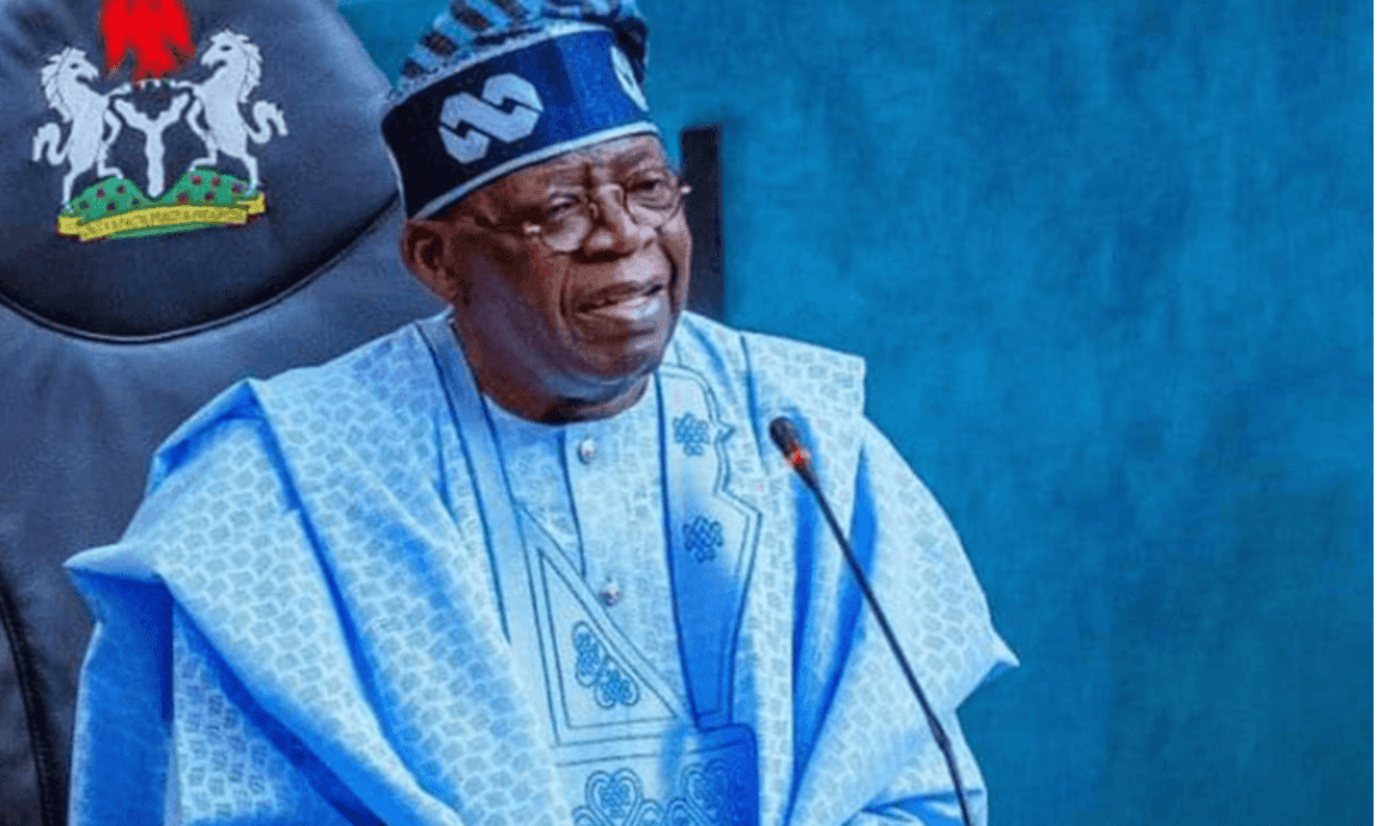Abuja, Nigeria — August 2025
The Atum Humanitarian Anti-Corruption and Charitable Initiative (AHACCI) has praised President Bola Ahmed Tinubu’s administration for its renewed commitment to transparency and accountability. However, the organization also stressed that significant gaps remain—particularly in the protection of human rights and civil liberties.
Progress in Anti-Corruption and Governance
In a public statement, AHACCI Director-General Ismaila Atus commended the administration for strengthening Nigeria’s anti-corruption architecture. He cited increased funding and operational independence for agencies such as the EFCC and ICPC, which have enabled them to function with reduced political interference.
Atus also pointed to Nigeria’s improved ranking in the 2024 Transparency International Corruption Perception Index, rising from 145th to 140th, as evidence of growing international confidence in the country’s governance.
“President Tinubu’s strategic policies and decisive actions against corruption are clearly restoring faith in our institutions,” Atus said.
“This is not business as usual. What we’re witnessing is a deliberate effort to institutionalize integrity and restore dignity to public service.”
Economic Reforms Tackling Corruption at the Roots
AHACCI highlighted several economic initiatives aimed at reducing the desperation that often fuels corrupt behavior:
- Student Loan Scheme: Expanding access to education and reducing financial vulnerability among youth.
- Credit Guarantee System: Supporting small businesses and entrepreneurs.
- Minimum Wage Increase: Enhancing the financial stability of civil servants.
- Affordable Housing Initiatives: Reducing pressure points that lead to unethical conduct.
Atus described these policies as “forward-thinking tools” that promote dignity of labor and reduce incentives for corruption.
Human Rights and Press Freedom: A Critical Gap
Despite these gains, AHACCI warned that Nigeria’s human rights framework remains fragile and in need of urgent reform. The organization cited recent incidents that have raised alarm among civil society groups:
- The Case of Rita Uguamaye: A youth corps member whose NYSC discharge certificate was withheld following her public criticism of government economic policies. Human rights lawyers, including Femi Falana (SAN), have condemned the action as unlawful and retaliatory.
- Arrest of Journalist Omoyele Sowore: The publisher of Sahara Reporters was detained by police after honoring an official invitation, with reports alleging physical injury during custody. The Nigeria Labour Congress (NLC) described the arrest as a threat to press freedom and democratic values.
- Broader Pattern of Media Suppression: Civil society organizations have filed lawsuits against the Inspector General of Police and the Attorney General over arbitrary arrests of journalists, warning that such actions violate constitutional protections and international human rights obligations.
“We must not allow Nigeria to slide back into the dark days of dictatorship, where fear replaces freedom and dissent is met with brute force,” said NLC President Joe Ajaero.
A Call for Holistic Reform
AHACCI emphasized that while anti-corruption efforts are commendable, they must be matched by robust protections for civil liberties, freedom of expression, and institutional accountability.
“President Tinubu has laid important groundwork, but the journey toward a just and equitable Nigeria is far from over,” Atus concluded.
“This is a defining moment. We must build not only clean institutions but also a society where every citizen—regardless of status—can speak freely, live securely, and trust in the rule of law.”



